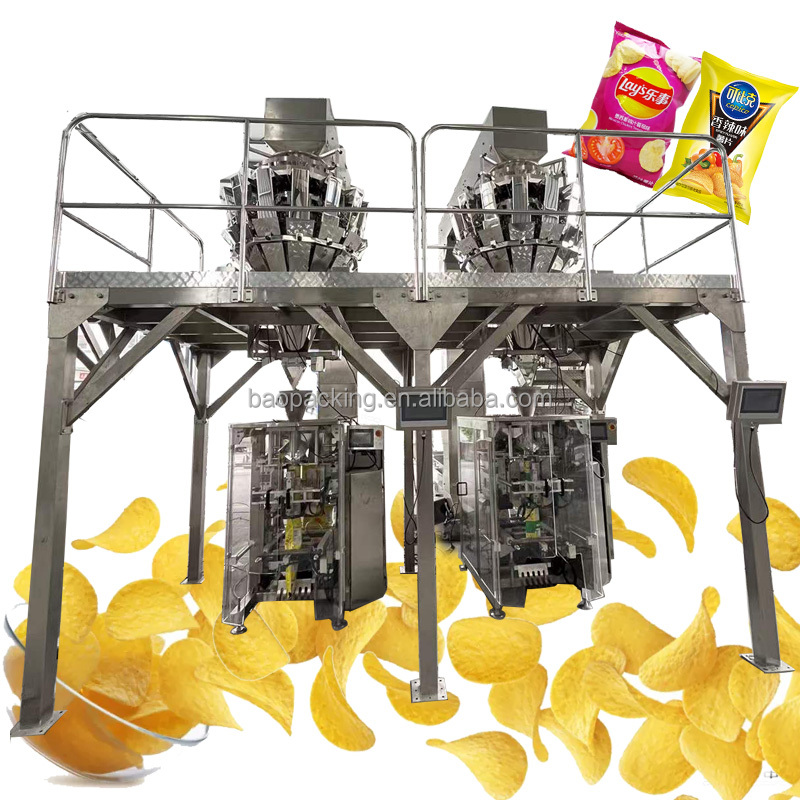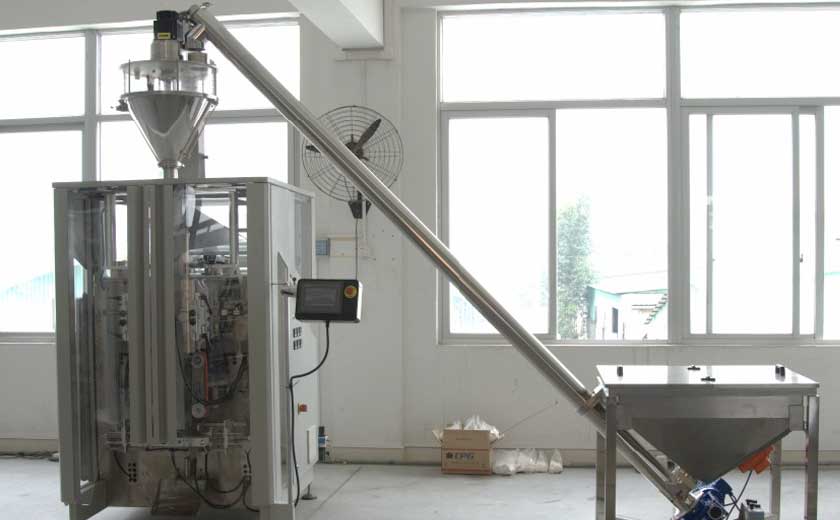The Ultimate Guide to Liquid Milk Packing Machines
Discover the comprehensive guide to liquid milk packing machines, providing a deep dive into the machinery used to package your favorite dairy beverage. From understanding their types and functionalities to exploring advanced features and troubleshooting tips, this guide empowers you with essential knowledge about these indispensable industrial marvels.
Types of Liquid Milk Packing Machines
Form-Fill-Seal Machines
Form-fill-seal (FFS) machines utilize a continuous roll of flexible packaging material to create, fill, and seal individual milk containers. This versatile technology enables high-speed production and is suitable for various milk types, including whole, skim, and flavored milk.
Cup Fillers
Cup fillers specialize in filling preformed cups with liquid milk. They are commonly used in small-scale operations and convenience stores. These machines offer simplicity, cost-effectiveness, and the ability to handle multiple cup sizes.
Gable Top Machines
Gable top machines are designed to fill and seal milk cartons with gable tops. They are renowned for their airtight seals, which extend the shelf life of milk and maintain its freshness. These machines are often employed in large-scale dairy processing plants.
Functionalities of Liquid Milk Packing Machines
Filling
Packing machines are equipped with precision filling systems that accurately dispense the desired volume of milk into containers. They utilize sophisticated sensors and flowmeters to ensure consistent filling levels.
Sealing
The sealing process creates airtight seals to prevent leaks and contamination. Heat sealing, ultrasonic sealing, and pressure sealing are common sealing techniques employed by packing machines.
Coding
Modern packing machines incorporate coding systems to print essential information onto containers, such as production dates, batch numbers, and barcodes. This facilitates traceability and product identification.
Advanced Features of Liquid Milk Packing Machines
Automated Controls
PLC (programmable logic controllers) and HMI (human-machine interfaces) provide intuitive control over packing machines. These systems allow operators to easily adjust settings, monitor performance, and troubleshoot issues.
Sanitary Design
Hygiene is paramount in the dairy industry. Packing machines are designed with food-grade materials and adhere to strict sanitary standards to prevent contamination and ensure product quality.
Sustainability
Eco-conscious packing machines incorporate recyclable materials, energy-efficient components, and waste reduction mechanisms to minimize their environmental impact.
Troubleshooting Tips for Liquid Milk Packing Machines
Leaking Containers
Inspect seals for damage or improper sealing. Check filling levels and adjust if necessary. Ensure product temperature is within the optimal range.
Inconsistent Filling
Calibrate filling equipment regularly. Check for blockages or leaks in the filling system. Identify any variations in product consistency.
Equipment Malfunctions
Refer to the manufacturer’s manual for specific troubleshooting procedures. Consult with technical support for assistance. Perform regular maintenance and preventive inspections to minimize breakdowns.
-
Overview of Packaging Machine Buying Guides
08-01-2024 -
How Does a Vertical Form Fill Seal Machine Work?
30-10-2023 -
Advancements in Auger Powder Filling Technology
27-10-2023 -
A Deep Dive into Automatic Packaging Machines
26-10-2023 -
The Revolutionary Fully Automatic Potato Chips Packaging Machine
20-09-2023 -
How to choose the right packaging machine?
23-08-2023 -
Reducing Waste And Maximizing Yield With Multihead Weigher Machines
15-03-2023 -
Nuts Packaging Machine for Dry Products Perservation
26-11-2022 -
Is Automated Biscuit Packaging Machine Better Than Manual Opeartion?
25-11-2022













